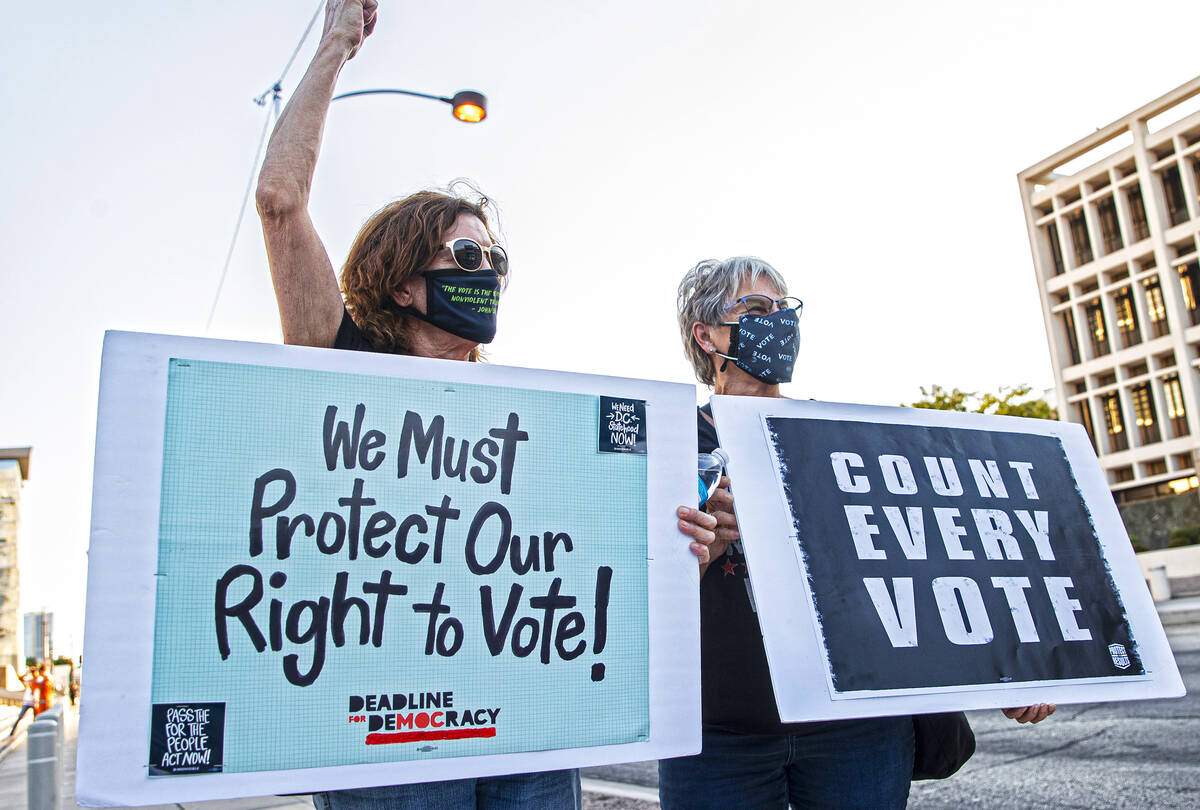EDITORIAL: Beware many ‘good government’ election reforms
A recent court ruling highlights the dangers of forcing taxpayers to fund political campaigns. Progressives pushing such schemes under the guise of election reform should take notice.
On Monday, the Connecticut Supreme Court held that state election officials violated the First Amendment by fining two Republican legislative candidates for attacking the Democratic governor in campaign ads created with taxpayer money.
Two decades ago, Connecticut implemented its Citizens’ Election Program, which doles out subsidies to candidates for state offices. The money comes from the sale of abandoned property and voluntary contributions. Liberal Democrats have touted public financing as a means of reducing the influence of special interests on politics. By providing taxpayer contributions to candidates, the theory goes, the state levels the playing field for those without deep-pocket donors.
Of course, if progressive activists truly wanted to mitigate the role of money in elections, they would advocate for limited government. But that undermines their goal of injecting the public sector into every nook and cranny of existence.
The problem with public financing, if it is funded by mechanisms other than donations, should be obvious: It harnesses the power of the state to force citizens to financially back candidates and causes they otherwise might not support. But another drawback may not be so clear: As part of such systems, lawmakers inevitably impose restrictions designed to protect incumbents and stifle discourse.
In Connecticut, for instance, the law made it illegal for office seekers to spend public money on ads that mentioned candidates in other races. The two GOP hopefuls ran afoul of regulators in 2014 when they produced campaign materials critical of the state’s Democratic governor. One would think policy comparisons between lawmakers and the state’s chief executive would be a matter of legitimate discourse. Instead, Connecticut’s speech police punished both candidates.
The court wasn’t buying. “It is essential for candidates to be able to communicate where they stand on issues in relation to other candidates and public officials,” a unanimous panel concluded. Regulations “that restrict political expression operate to burden candidates’ core First Amendment speech.”
There is a parallel here with left-wing efforts to rewrite the First Amendment in response to the U.S. Supreme Court’s 2010 Citizens United decision that affirmed the right of outside groups to express themselves through political contributions. In both the Connecticut case and Democratic attempts on Capitol Hill to sanction regulation of political speech, progressives would sacrifice the Bill of Rights at the altar of “good government.”
It’s a dangerous trade-off that supporters of free expression must aggressively reject.






















